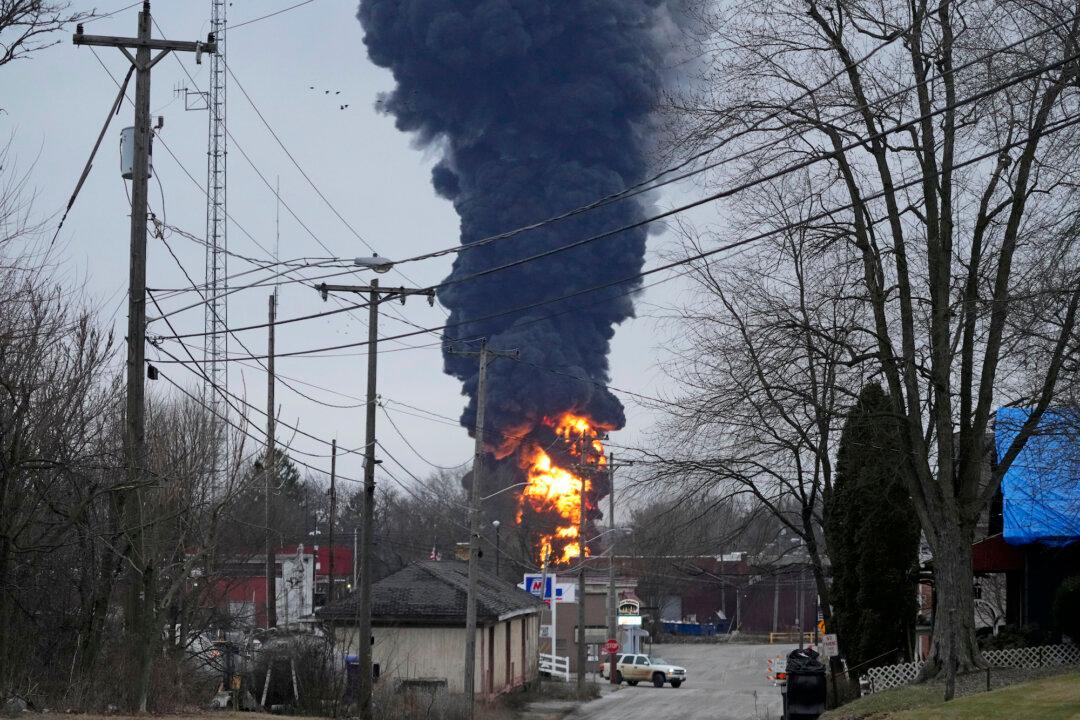As cleanup continues more than a month after one of its freight trains derailed in East Palestine, Norfolk Southern Railway said it will pay for residents who live within a mile of the accident site to temporarily relocate.
“As soil work continues at Norfolk Southern’s derailment site, some residents close to the derailment site may notice additional odors,” the EPA said in a March 5 news release.





